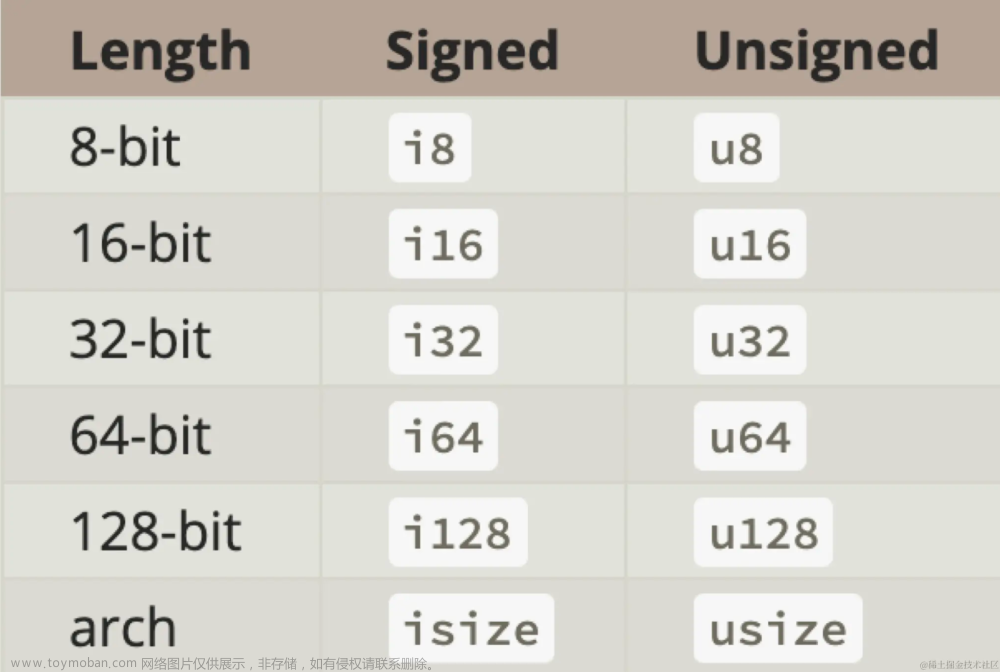In Rust, you bind values to a variable name using the let keyword. This is often referred to as “variable binding” because it’s like binding a name to a value.
Here’s a simple example:
let x = 5;
In this example, x is bound to the value 5. By default, bindings are immutable in Rust. If you try to reassign x to a different value, you’ll get a compile-time error. If you want a binding to be mutable, you can use the mut keyword:
let mut x = 5;
x = 10; // This is okay because x is mutable
In Rust, you can also bind a variable to an expression. The expression will be evaluated, and the resulting value will be bound to the variable:
let x = 5 * 5; // x is bound to the value 25
Variable binding in Rust also allows for pattern matching, which enables more complex types of binding. For example, if you have a tuple, you can bind the individual elements of the tuple to different variables:
let (x, y) = (1, 2); // x is bound to 1, and y is bound to 2
Rust also requires that all variables be initialized before they are used, which prevents undefined behavior.
Lastly, Rust features a system of “shadowing” where a new variable can be declared with the name of a previous variable, effectively creating a new variable that “shadows” the old one.文章来源:https://www.toymoban.com/news/detail-621212.html
let x = 5;
let x = x + 5; // x is now 10
let x = x * 2; // x is now 20
Each x is a new variable that shadows the previous x. This is not the same as mutation because these xs are new variables, they just happen to have the same name as the previous variable.文章来源地址https://www.toymoban.com/news/detail-621212.html
fn main() {
/*
变量是有作用域的,也就是在一个代码块中生存。
代码块 {}, 也允许变量遮蔽。
*/
// main 函数中
let spend = 1;
{
// 只存在本代码块中
let target = "面向对象";
println!("内部 {}", target); // 内部 面向对象
// 遮蔽了外面的spend
let spend = 2.0;
println!("内部 {}", spend); // 内部 2
}
// target在此作用域是不存在的
// println!("外部 {}", target);
println!("外部 {}", spend); // 外部 1
// 遮蔽了spend
let spend = String::from("学习时间1小时");
println!("外部 {}", spend); // 外部 学习时间1小时
let spend2;
{
let x = 2;
spend2 = x * x;
}
println!("spend2: {}", spend2); // spend2: 4
let spend3;
// println!("spend3: {}", spend3); // 报错,使用了未初始化的绑定
spend3 = 1;
println!("another binding spend3: {}", spend3); // another binding spend3: 1
// 冻结 资源存在使用的引用时,在当前作用域中这一资源是不可被修改的。
let mut spend4 = Box::new(1);
let spend5 = &spend4; // `spend4` is borrowed here
spend4 = Box::new(100); // `spend4` is assigned to here but it was already borrowed
println!("{}", spend4);
println!("{}", spend5);
}
到了这里,关于Rust- 变量绑定的文章就介绍完了。如果您还想了解更多内容,请在右上角搜索TOY模板网以前的文章或继续浏览下面的相关文章,希望大家以后多多支持TOY模板网!









